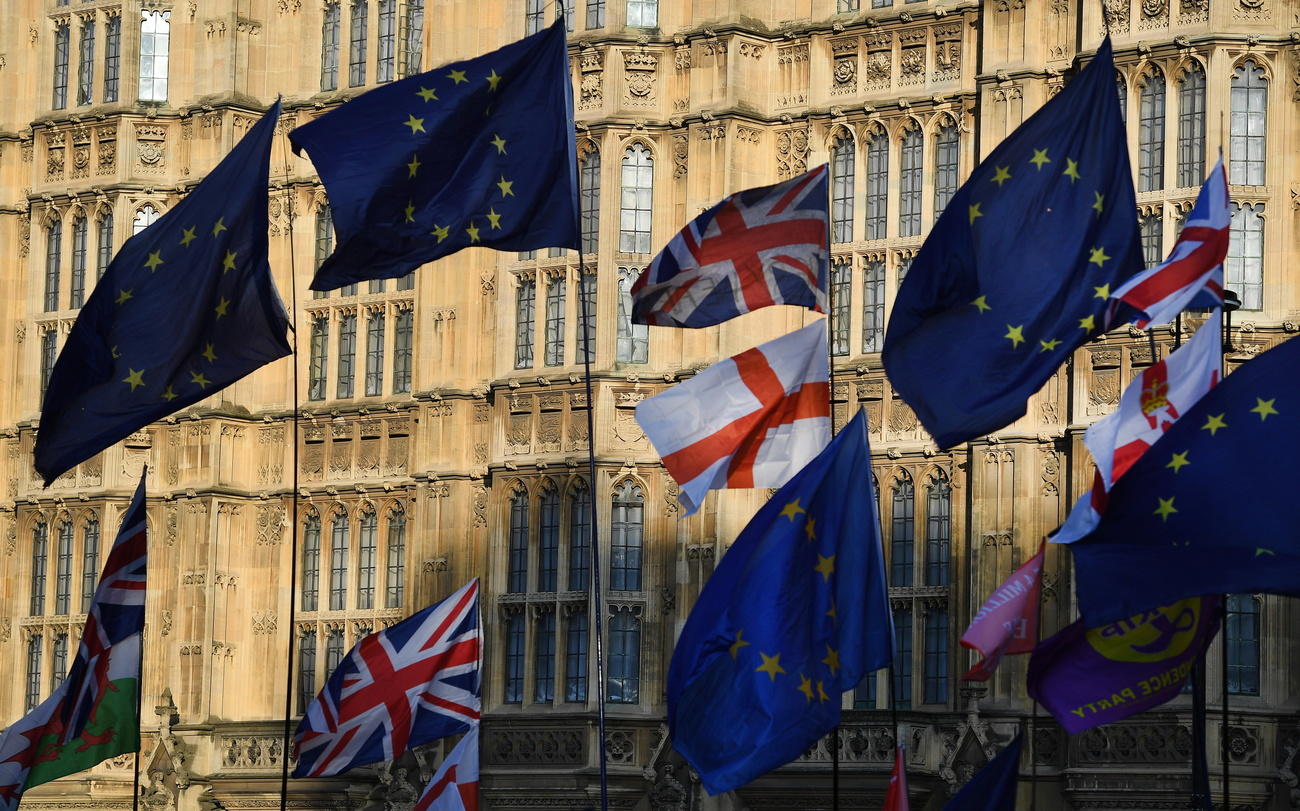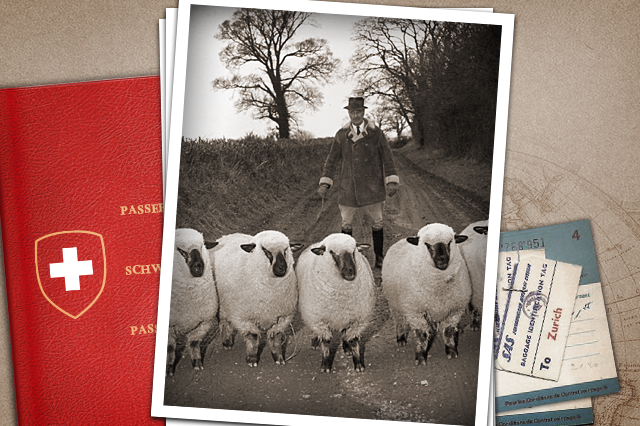With UK deal, EU wants to avoid another Swiss mess

The battles between Britain and the EU won’t suddenly end if they reach a deal this year on their future relationship, so the two sides will need a sturdy mechanism to settle their future disputes.
Agreeing what this governance system will look like could prove to be one of the most fraught aspects of the post-Brexit talks.
To date we know little about what the UK will be seeking on governance. It has repeatedly said it does not want disputes to be settled by the European Court of Justice (ECJ).

And when it comes to its trade deal with the EU, the UK says it will be looking for a “Canada-style” agreement. Like most trade deals, the latter contains a dispute settlement system that, to put it politely, lacks bite compared with the arrangements that exist within the EU, where the ECJ can impose fines on countries that fail to follow the rules. Ceta and other trade deals rely on more clunky procedures with more limited options for imposing penalties.
Slides presented to EU member states this week by the European Commission suggest it is looking for something far more sophisticated and hard-hitting for Britain. If Brussels has its way, the system will govern not just the two sides’ future trade relationship but several other partnerships in areas such as security and judicial co-operation, joint research and aviation.
One of the key motivations for the EU is to avoid replicating the unruly jumble of agreements that govern its deep relations with Switzerland – whose population in 1992 rejected a proposal to join the European Economic Area. The two sides have subsequently built their relationship up over time, resulting in no fewer than 100 agreements governing their relations.
The EU has in recent years been pushing the Swiss to sign up to an overarching institutional framework agreement that, crucially, contains a clear, all-encompassing governance system. Progress foundered last year, however, in a spat that led Brussels to cut off EU investors’ access to the Swiss stock market.
Level playing field
When it comes to the UK, the commission is anxious not to create another Swiss mess. Brussels told member states this week that it wants to draw plenty of inspiration from the arrangements created under the Withdrawal Agreement handling the two sides’ divorce. The commission set them out in its slide presentationExternal link to member states.
This involves as a starting point a joint committee, comprising political representatives from the two sides. If the committee can’t find a consensus, matters are kicked up to an arbitration panel, with provisions for questions about EU law to be referred to the ECJ in Luxembourg.
The sanctions are much clearer than in the EU-Canada arrangement. They could include the suspension of the agreement in whole or in part, as well as fines and financial compensation. The commission will be seeking powers to act more rapidly when there is a breach of all-important “level playing field” provisions intended to ensure Britain sticks closely to EU environmental and social policy and state-aid rules.
The level playing field is a key concern to member states that are close trading partners of the UK, because they fear regulatory divergence by Britain could put their companies at a competitive disadvantage. Needless to say, recent statements from UK chancellor Sajid Javid that the UK would refuse to stay aligned to EU regulations have not alleviated their worries.
Some in the UK will object that a sophisticated, overarching dispute settlement mechanism with real teeth seems disproportionate given they are only seeking a no-frills, Canada-style trade deal. But the EU argues that Britain’s proximity and deep interconnectedness with its economy makes it more threatening as a competitor.
And as the Swiss example has shown, what starts as a bare-bones relationship can, over time, build into something far more intertwined and complex.
Copyright The Financial Times Limited 2020
What are your thoughts on Britain leaving the EU? Does it change anything for you as a Swiss in the UK or a British citizen in Switzerland? Will you mark the occasion? Our journalists at swissinfo.ch might include your comments in an article.

More
How Bern and Brussels could approach an interim deal

In compliance with the JTI standards
More: SWI swissinfo.ch certified by the Journalism Trust Initiative




You can find an overview of ongoing debates with our journalists here. Please join us!
If you want to start a conversation about a topic raised in this article or want to report factual errors, email us at english@swissinfo.ch.